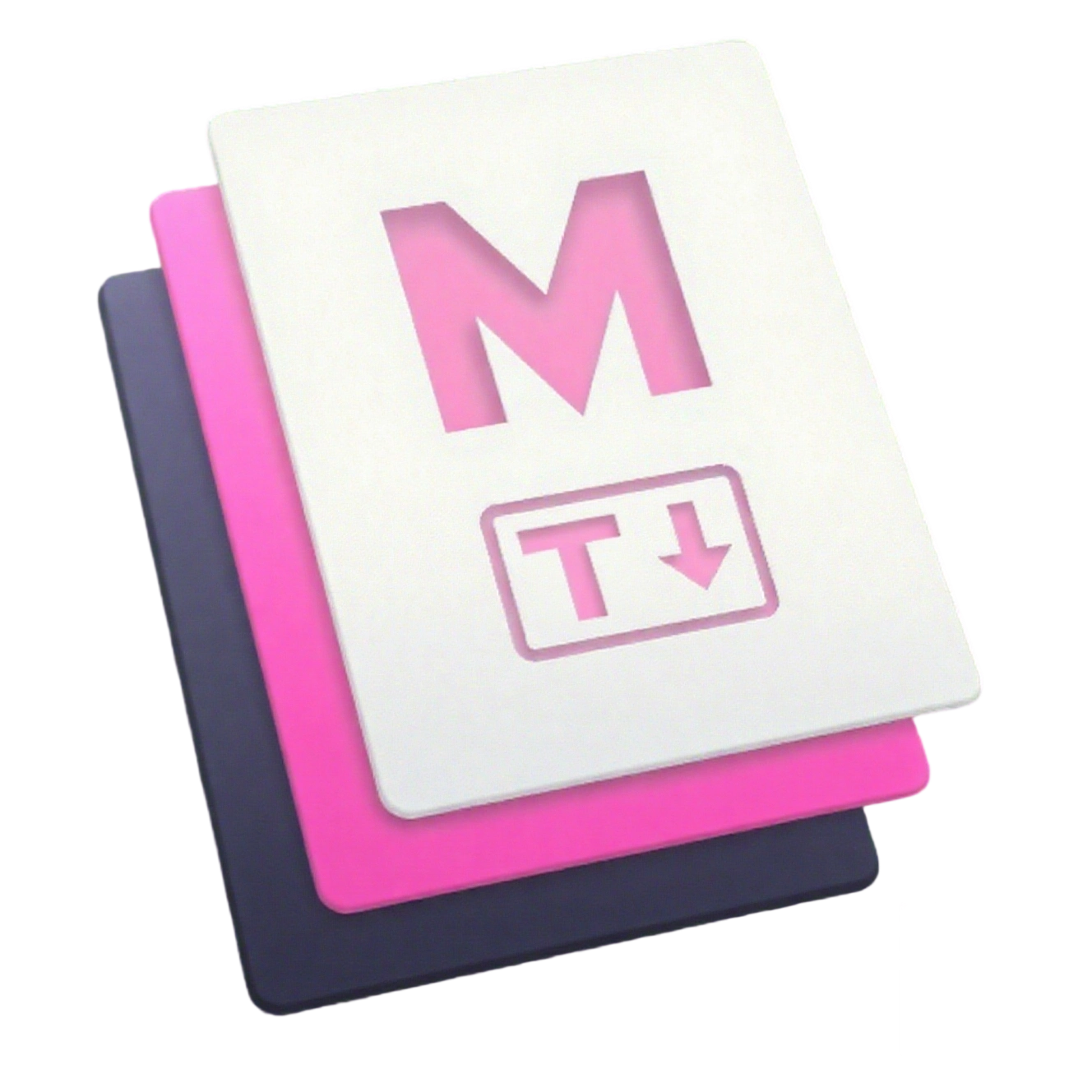What is Markdown? (Must Read)
About 574 wordsAbout 2 min
2025-08-17
Why Use Markdown?
Using traditional editing methods, you have to be a mouse acrobat, clicking bold here and adjusting font size there, spending half a day laying text bricks—so tiring you'd want to use the keyboard as a pillow. But Markdown is different; this thing is a "lazy person's gospel in the world of text," like a kitchen novice discovering a food delivery app, from then on, saying goodbye to formatting struggles and focusing on writing.
Some say this thing is called "Ma Ke Dan" (a pun on Markdown in Chinese), because learning it makes your typing speed comparable to the probability of a horse laying an egg while running—sounds absurd, but those who have used it know: this probability is actually quite high!
What Exactly Is This Thing?
Simply put, Markdown is a magical spell that lets text "dress itself up." In 2004, a guy named John Gruber probably got fed up with HTML's verbosity and, with a wave of his hand, invented this thing—as genius as inventing Velcro because tying shoelaces was too much trouble.
It has a very good temper:
- Use
#as a hat, and the text knows it's a heading; - Wrap a sentence in
*, and it obediently leans italic; - Want to list items? Add a hyphen, and the text immediately lines up in formation.
What's most amazing is that even if you forget to "cast a spell" on it, Markdown in plain text still looks neat and tidy, unlike some formatted files that turn into garbled abstract art when opened with different software.
Why Is It Better Than Word?
Word is like a fighter jet cockpit full of buttons; to bold text, you have to search for a button for ages. Markdown is like a shared bicycle; scan the code and go.
- Brain-saving: Remembering a few symbols is easier than memorizing Office shortcuts, just like remembering a food delivery number is simpler than memorizing recipes;
- Device-agnostic: A
.mdfile typed on a phone opens perfectly fine on a computer, unlike some documents that get "seasick" when moved to a different device; - Transformation Master: Want to turn into HTML? PDF? Word? It can do it all, comparable to a text-world Transformer;
- Good for showing off: Programmers will say "this guy knows his stuff" when they see you writing documents in Markdown, but might mock you with "still using Notepad?" if you use Word.
Who Should Learn This Trick?
- Programmers writing technical documentation: No more inserting a bunch of
<b>tags into code, which is like sticking toothpicks into a hamburger—superfluous; - Students taking notes: When jotting down key points in class, using
##for headings is 10 times faster than underlining, and you won't stare blankly at messy notebooks when reviewing for exams; - Bloggers posting articles: When typing on Zhihu or Jianshu,
**for bolding is more satisfying than finding a toolbar button, like using voice input instead of handwriting; - Slackers: Formatting is done quickly, more time for slacking off, those who know, know.
Finally, a friendly reminder: learning Markdown won't make a horse actually lay an egg, but it can turn you from a formatting slave into a text-writing boss. Now, open Notepad and try it! Want to be an efficiency master? How about it, does it have that vibe?
